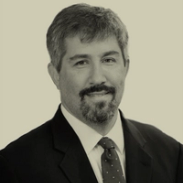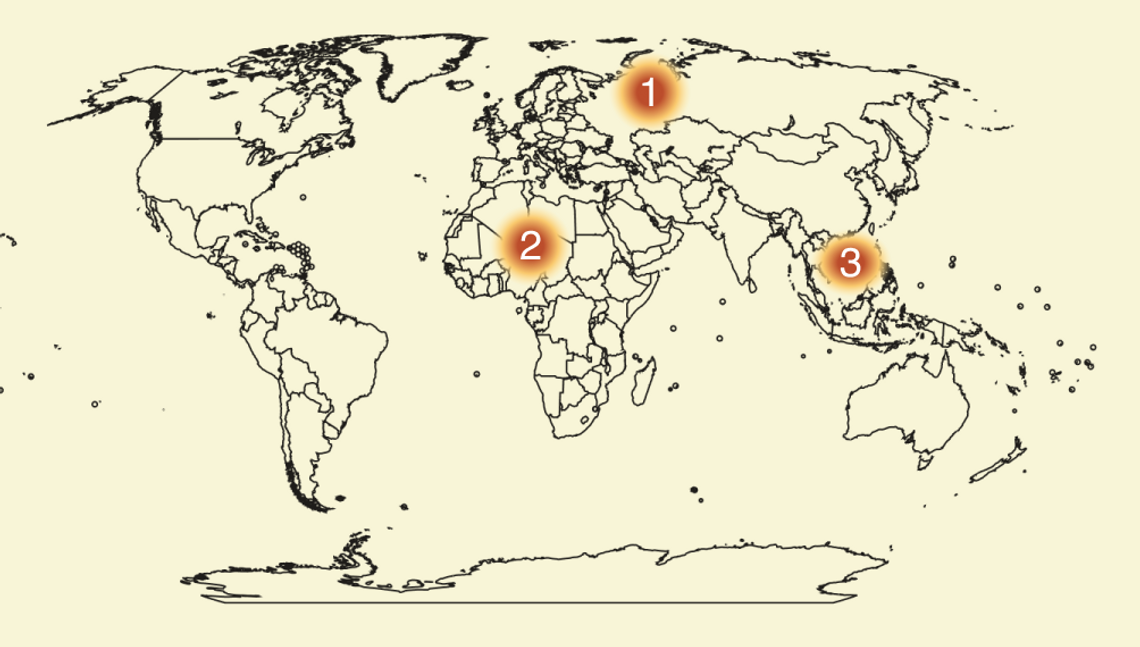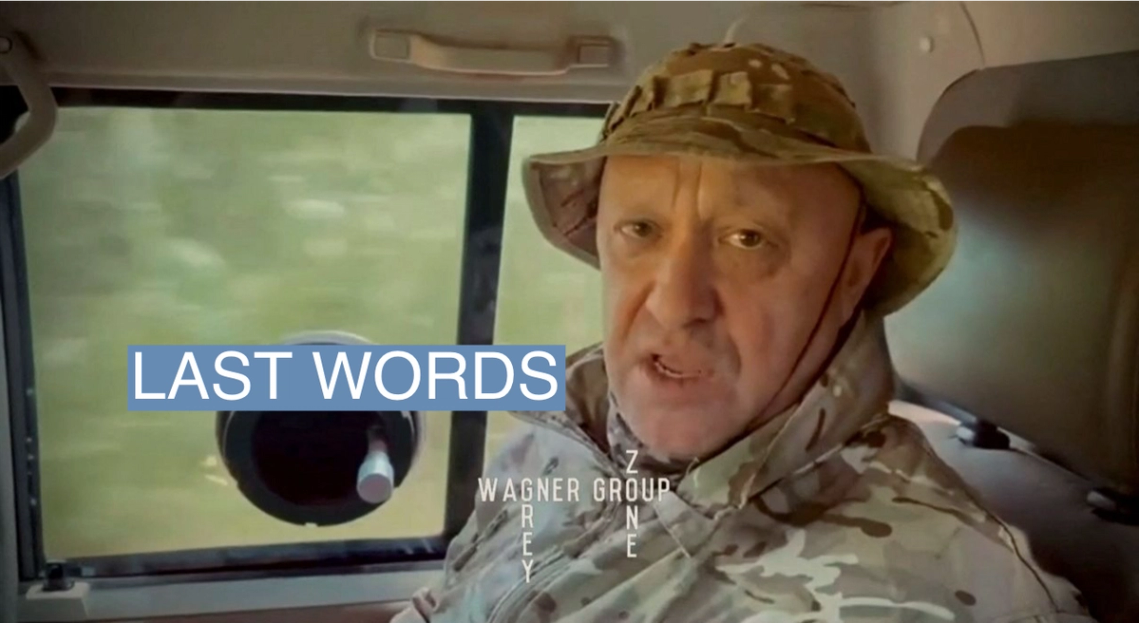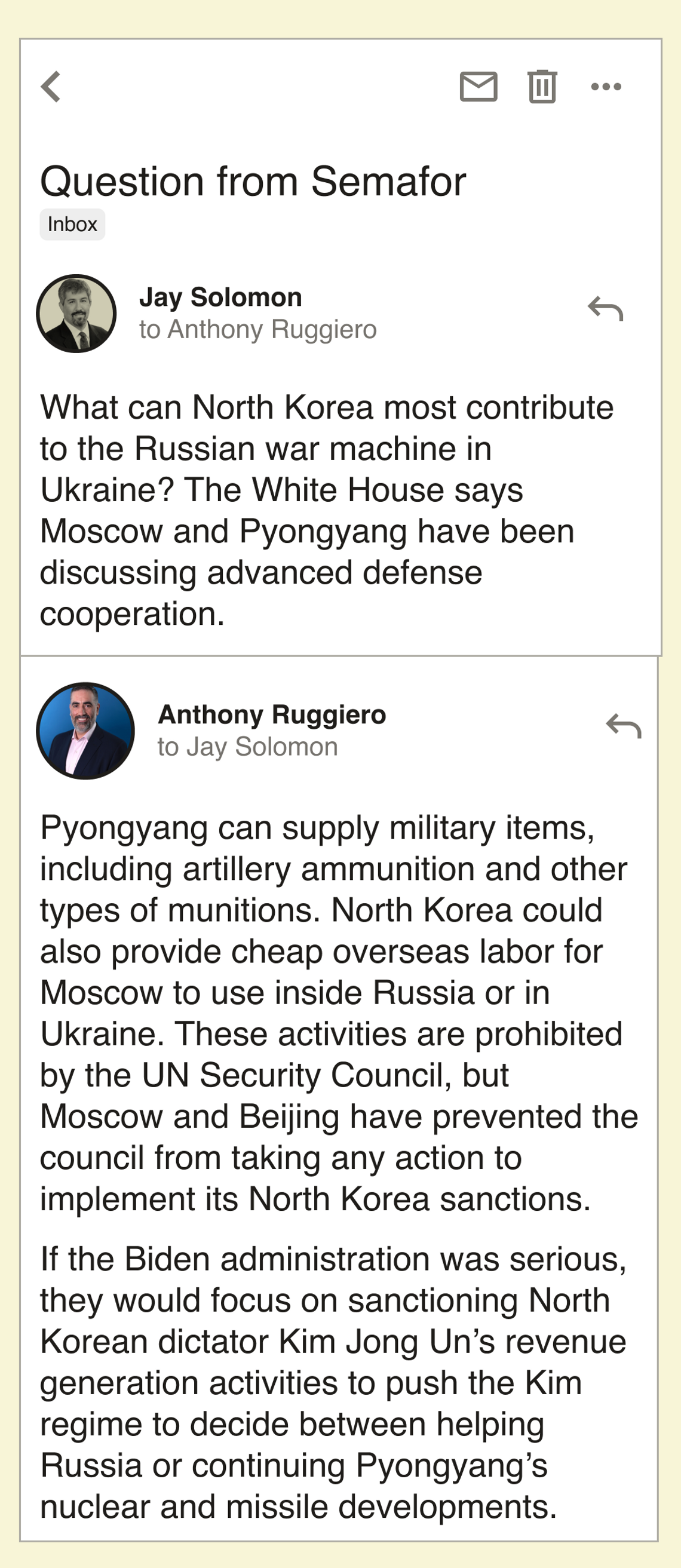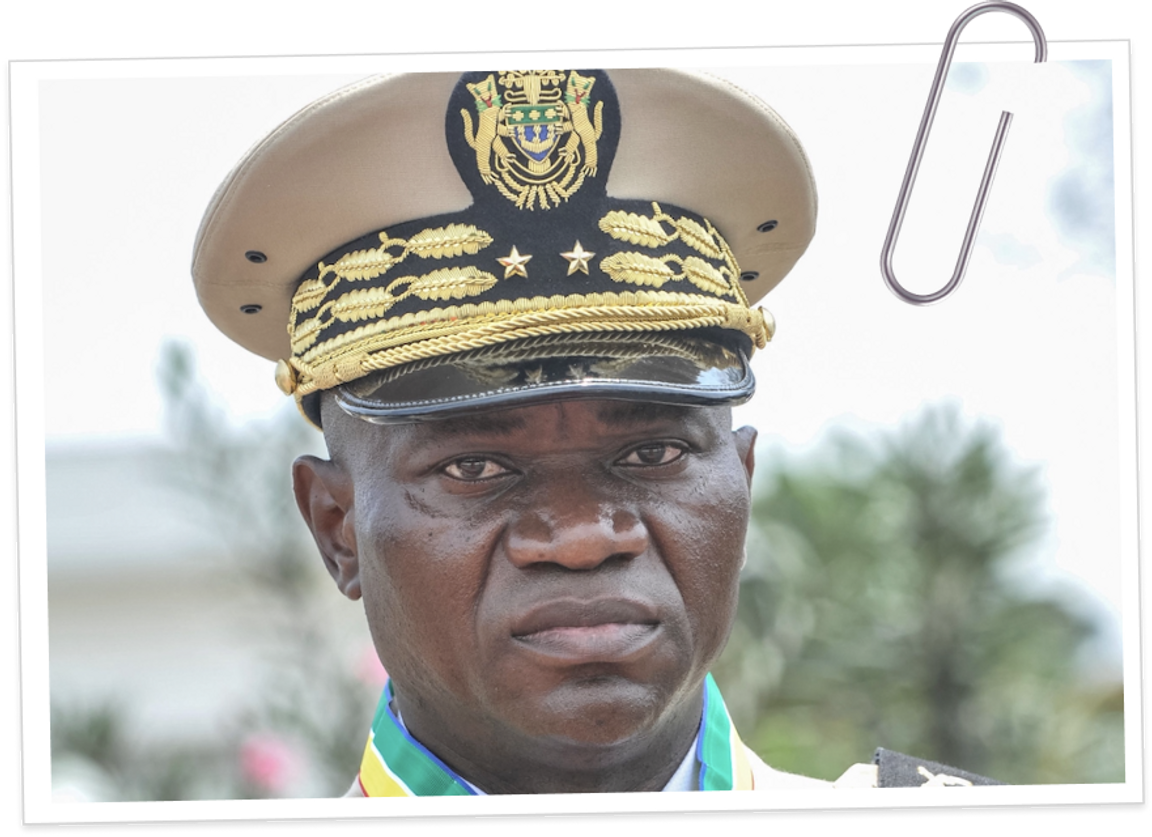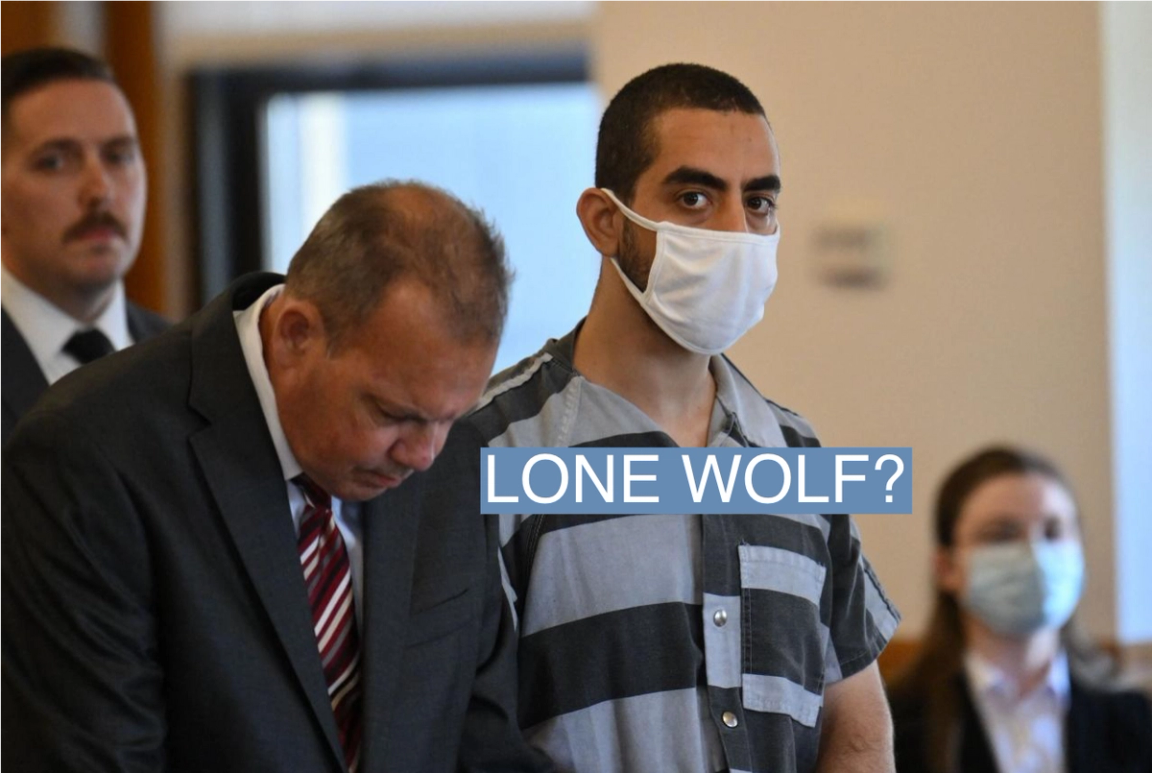 Angela Weiss/AFP via Getty Images Angela Weiss/AFP via Getty ImagesTHE SCOOP CHAUTAUQUA, N.Y. – The investigation into last year’s near fatal attack on the Indian-British writer Salman Rushdie has expanded to examine potential international involvement in the crime, the district attorney overseeing the case in rural New York told Semafor. Jason Schmidt said his office in Chautauqua County is in the final stages of preparing its case against Hadi Matar, a 25-year-old New Jersey man accused of stabbing Rushdie multiple times during the writer’s appearance at a summer cultural festival last August. The trial could start early next year, the DA said. But Schmidt said the U.S. federal government, through the U.S. Attorney’s Office, is now overseeing a separate investigation that’s looking into Matar’s potential ties to foreign governments or terrorist organizations. Iran’s late revolutionary leader Ayatollah Ruhollah Khomeini issued a fatwa, or religious edict, in 1989 calling for Rushdie’s death due to what he claimed were blasphemous passages against Islam in the writer’s book, The Satanic Verses. Iranian religious organizations have issued bounties on Rushdie as recently as last year. Matar’s alleged attack on Rushdie has largely been framed as the actions of a disgruntled, immigrant son acting alone. But Schmidt is a rare U.S. law enforcement official to shed light on the Department of Justice’s continued concern that the attempted assassination may have had foreign backing. Matar spent time in Lebanon where U.S. government officials are trying to ascertain if he was trained or radicalized by the Iranian-backed militia Hezbollah. Matar was carrying a fake driver’s license at the time of the attack that had the name of a senior Hezbollah military commander. “There are some areas that we have to sort of confine ourselves to the four corners of the charges that we’ve asserted, which is essentially an attempted murder in the second-degree charge. That’s our top count,” Schmidt said in an interview. “That gets us away from some of the underlying motivations that went into the intent. Some of that have been sort of removed from us in our jurisdiction, and that’s something that the U.S. Attorney’s Office has been looking at and they are dealing with.” Schmidt, a Republican, said that the widening of the investigation to include potential foreign governments and actors involve serious national security and political considerations that shouldn’t be handled by his local office. “The U.S. Attorney’s Office, I know, they are engaged in their own investigation and, you know, potential prosecution, and they’ve been looking at this as well,” said Schmidt. “I do think it does have political considerations and recognizing, for instance, that the Biden government is trying to negotiate with Iran now to kind of bring them back into a nuclear treaty. I understand that there’s a lot of considerations here that, you know, that are way outside my paygrade.” The Department of Justice and White House didn’t respond to requests for comment from Semafor. Salman Rushdie’s agent, Andrew Wylie, also didn’t answer an email. JAY’S VIEW The question of whether Hadi Matar was a lone wolf, or an agent working on behalf of Tehran or Hezbollah, has been the primary question since Rushdie was attacked on the stage of the Chautauqua Institution on August 12, 2022. The profile of the alleged assailant points in both directions. Matar has pleaded innocent. Court records and press reports portray Matar as a disgruntled youth who hated school, worked at a discount store, and failed in his efforts at becoming a professional boxer. He was also the product of a broken home with his Lebanese-American father returning to Lebanon while Matar was young. People who met Matar described him as a recluse who could simply have taken inspiration from the teachings of Khamenei and his fatwa against Rushdie. But the portrait Matar’s mother painted of her son reads like the textbook case of radicalization. Silvana Fardos told the New York Times that Matar traveled to Lebanon in 2018 — presumably to stay with his father in the southern town of Yaroun — and came back a totally changed person, deeply religious in the Shiite Muslim faith and a supporter of Iran’s Islamic revolution. “I have nothing to say to him,” Fardos told the paper. Middle East experts told Semafor that Yaroun is a town on Lebanon’s border with Israel that’s controlled by Hezbollah militants. It’s highly conceivable, they said, that Matar could have received both religious and military training during his time in Lebanon five years ago. Schmidt said in the interview that Matar didn’t seem to just randomly choose to attack Rushdie at the Chautauqua Institution, but that significant foresight was involved in his actions and preparations. Chautauqua Institution is a religious and cultural organization that wasn’t known for extensive security at its events. “The investigation…would lead me to believe that the venue, the Chautauqua Institution, because of what it represents, it was a good place to commit this type of act,” Schmidt said. “The security levels, I think, you know, certainly might have been a consideration because it is a fairly open environment.” Iran denied any role in the attack last year, but still formally justified it. “Regarding the attack against Salman Rushdie in America, we don’t consider anyone deserving reproach, blame or even condemnation, except for (Rushdie) himself and his supporters,” a Foreign Ministry spokesman said last August. Khamenei’s original fatwa against Rushdie was republished in Iranian state media just days before the attack in Chautauqua. Investigating any potential links between Matar and Iran or Hezbollah won’t be easy, according to U.S. and Middle East officials. Hezbollah controls most of Lebanon’s security, making efforts to gain information from the ground on Matar’s dealings there difficult. The U.S. has no diplomatic relations with Iran. Read the whole story here. | 
